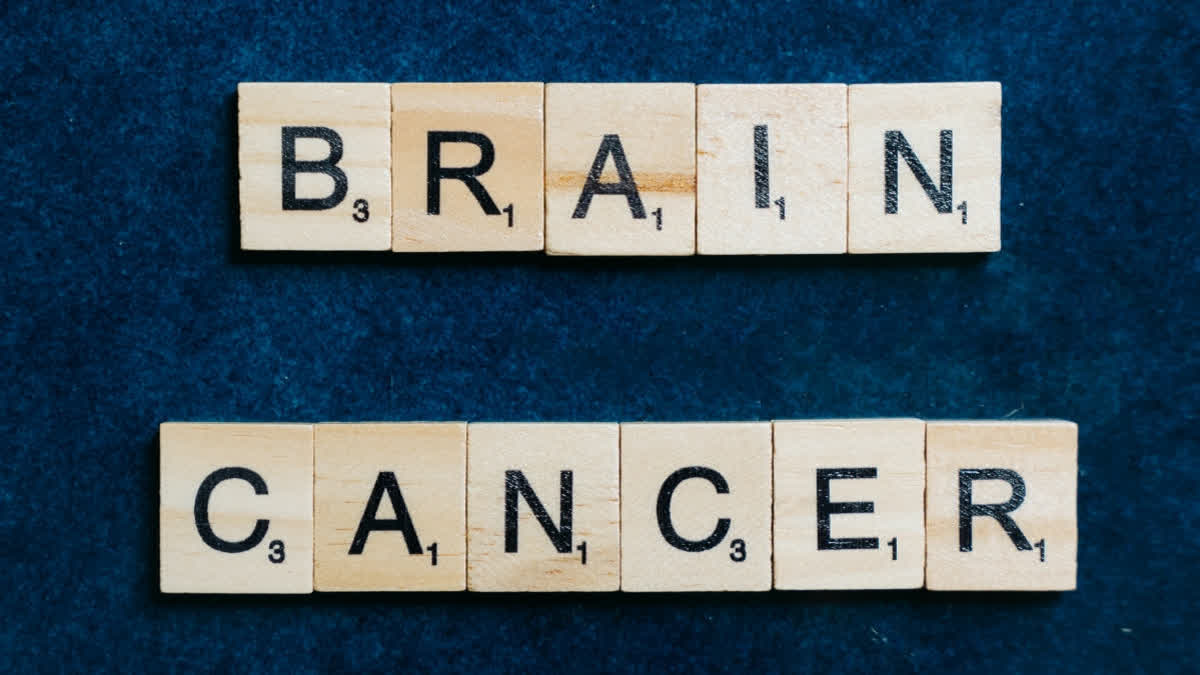California [US]: A new targeted therapy medicine can extend the amount of time people with a subtype of glioma are on treatment without their cancer worsening, according to an international trial co-led by UCLA. The discovery provides a potential new therapeutic option for those suffering from the slow-growing but lethal brain tumour.
In persons with recurrent grade 2 glioma with IDH1 and IDH2 mutations, the medication vorasidenib more than quadrupled progression-free survival. When compared to individuals who got a placebo, those who took vorasidenib were able to go approximately 17 months longer without their cancer progressing, postponing the need for chemotherapy and radiation. The results were published in the New England Journal of Medicine and presented today at the annual meeting of the American Society Clinical Oncology in Chicago.
The type of glioma studied in the paper, recurrent grade 2 glioma with IDH1 and IDH2 mutations, tends to affect younger people, often those in their 30s. The current standard treatment, a combination of radiation and chemotherapy, can cause neurological deficits that make it hard for patients to learn, remember new things, concentrate or make everyday decisions - all of which can be especially challenging for people who have young families or are in the early years of their professional lives.
Dr Timothy Cloughesy, a professor of neuro-oncology at the David Geffen School of Medicine at UCLA and co-senior author of the study, said the availability of a treatment that enables patients to go for longer periods of time between chemotherapy and radiation treatments could have a major impact.
"We're always concerned about the delayed effects of radiation," said Cloughesy, who is also a member of the UCLA Jonsson Comprehensive Cancer Center. "Having the ability to hold off on getting radiation therapy to the brain with an effective therapy is really critical and very meaningful to this population of patients."
Vorasidenib is classified as a dual inhibitor of mutant IDH1/2, meaning that it prevents the formation and accumulation of the onco-metabolite 2-Hydroxyglutarate, or 2-HG, that occurs when genetically altered versions of two enzymes, IDH1 and IDH2, are present in a tumor. 2-HG is thought to be responsible for the formation and maintenance of IDH-mutant gliomas. The study is also the first clinical trial to analyze a targeted therapy drug specifically developed to treat brain cancer.
